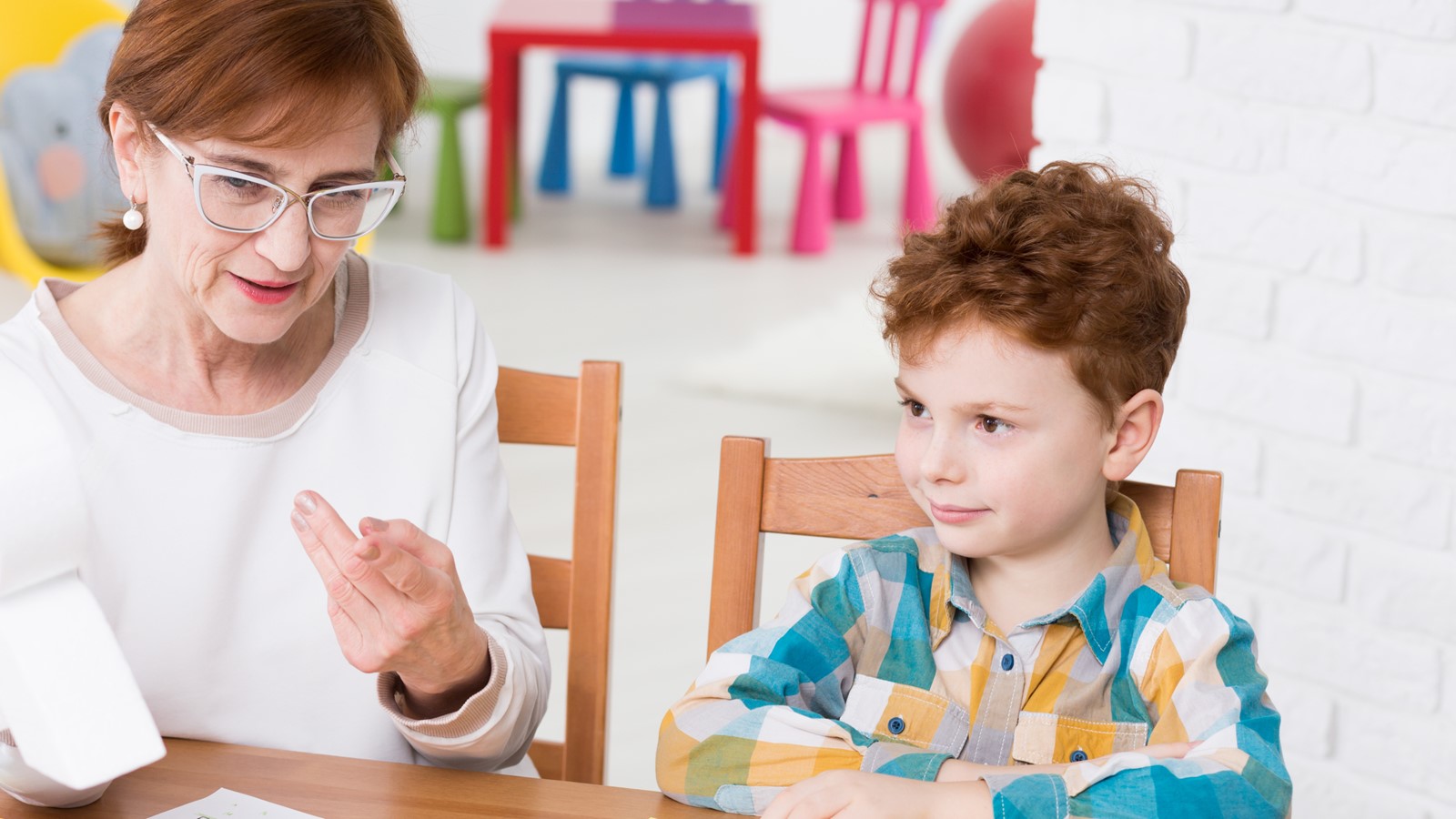According to the 2016/17 Childline annual review, Not Alone Anymore, 22,456 counselling sessions were delivered to young people dealing with thoughts of ending their own lives - a rise of 15% compared to the previous year.
BACP is a member of the National Suicide Prevention Alliance; and many BACP members volunteer for Childline. Our counsellors understand the vital role that offering support can play in combatting suicide; through their work as a volunteer, or in their day to day work as therapists.
They know that many kinds of emotional pain can lead youngsters to thoughts of suicide. The pain may mean that a child reaches a point where they feel they can no longer cope; they may not truly wish to die, but need help to survive at that moment. Therapy can help by allowing the sharing of thoughts and feelings, and working on ways to transform negative thoughts into more positive ones.
Thankfully, feeling actively suicidal is often temporary, even if a young person has been feeling low, anxious or struggling to cope for a long time. This is why getting the right kind of support at the right time is so important, including appropriate early intervention services to help youngsters who do not meet the criteria for specialist services.
Only last month BACP shared findings in the Education Policy Institute (EPI) report Access and waiting times in children and young people’s mental health services which showed that over a quarter of children referred to specialist mental health services were not accepted into those services as they didn’t meet the eligibility criteria for specialist child and adolescent mental health services (CAMHS).
In light of the new Childline figures, and with CAMHS services oversubscribed and under severe pressure, BACP urge that serious thought should be given to the ‘right support’ for all levels of mental health need, whether that be CAMHS, online interventions, or school-based counselling.
School-based counselling can stop mental health problems from developing further - this early intervention treatment can stop conditions accelerating into something more serious and complex, and offer children the tools to recognise when they are experiencing difficulties with their mental wellbeing. It is also quick and easy for children to access, usually in just two to three weeks; and can also work as a parallel support alongside CAMHS.
Chair of BACP Andrew Reeves says; “While the figures that Childline provided on average 62 counselling sessions with suicidal young people a day in the last year are shocking, it is sadly not unsurprising. We recognise the fantastic work done by Childline’s counsellors in providing free, confidential support for our vulnerable children and young people.
“Having help available in schools is also vital. We know that school-based counselling is a proven early intervention which improves children and young people’s mental health and emotional well-being. Children in Northern Ireland and Wales already have access to a school counsellor through government supported national programmes, while in England provision remains patchy.
“We remain concerned that without the development of a national school-based counselling strategy with a commitment for a trained counsellor in every secondary school England’s children will continue to remain behind children and young people in Wales and Northern Ireland in terms of emotional support.
“We believe that all children and young people of school age across the UK should have equal access to professional, qualified counselling services in their schools and will continue to campaign to ensure that this becomes a reality.
“In anticipation of the publication of the Green Paper for Children’s and Young People’s Mental Health, BACP urges the Government to ensure children and young people have access to the appropriate treatment, in the right place, at the right time.”
